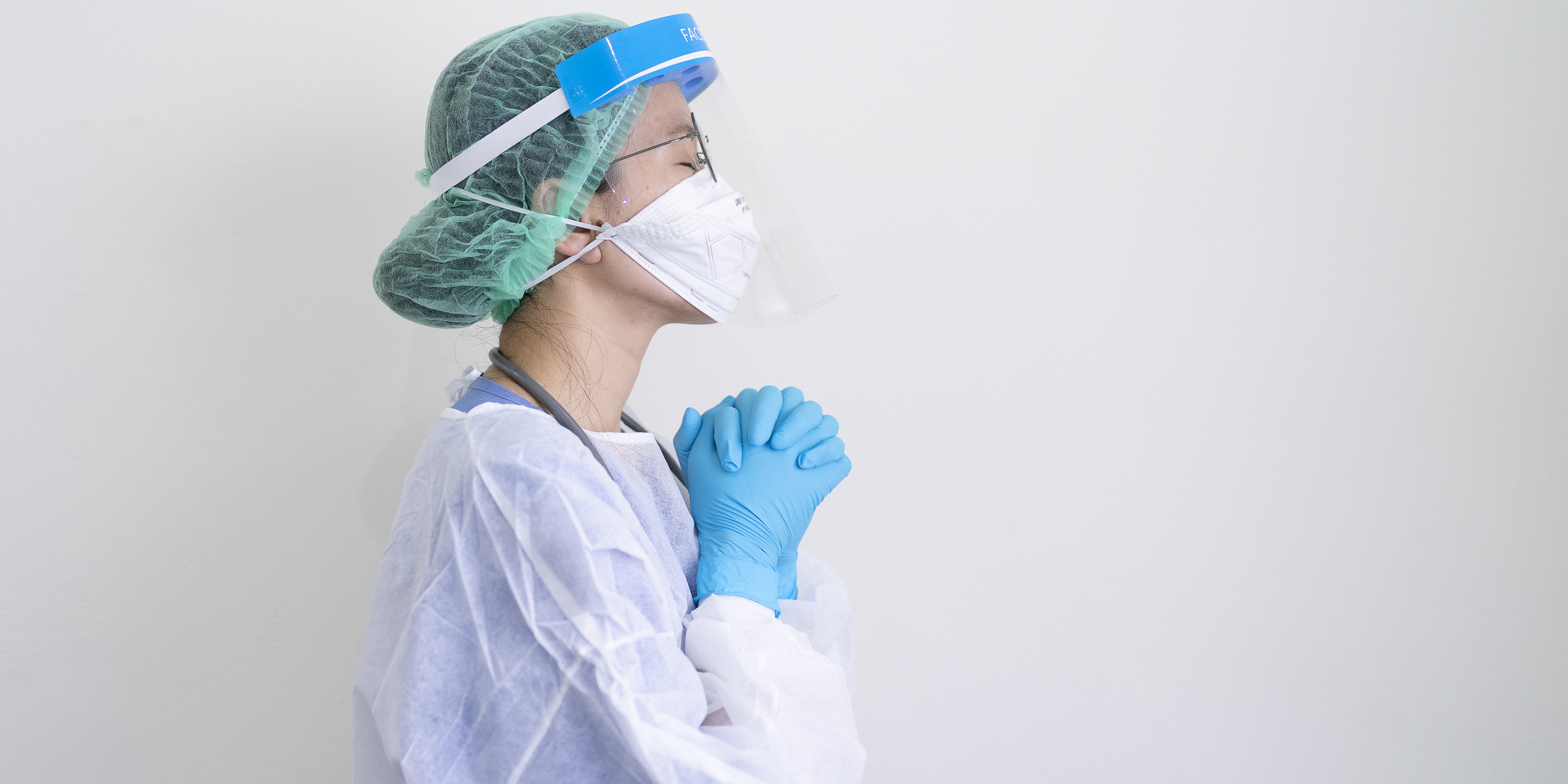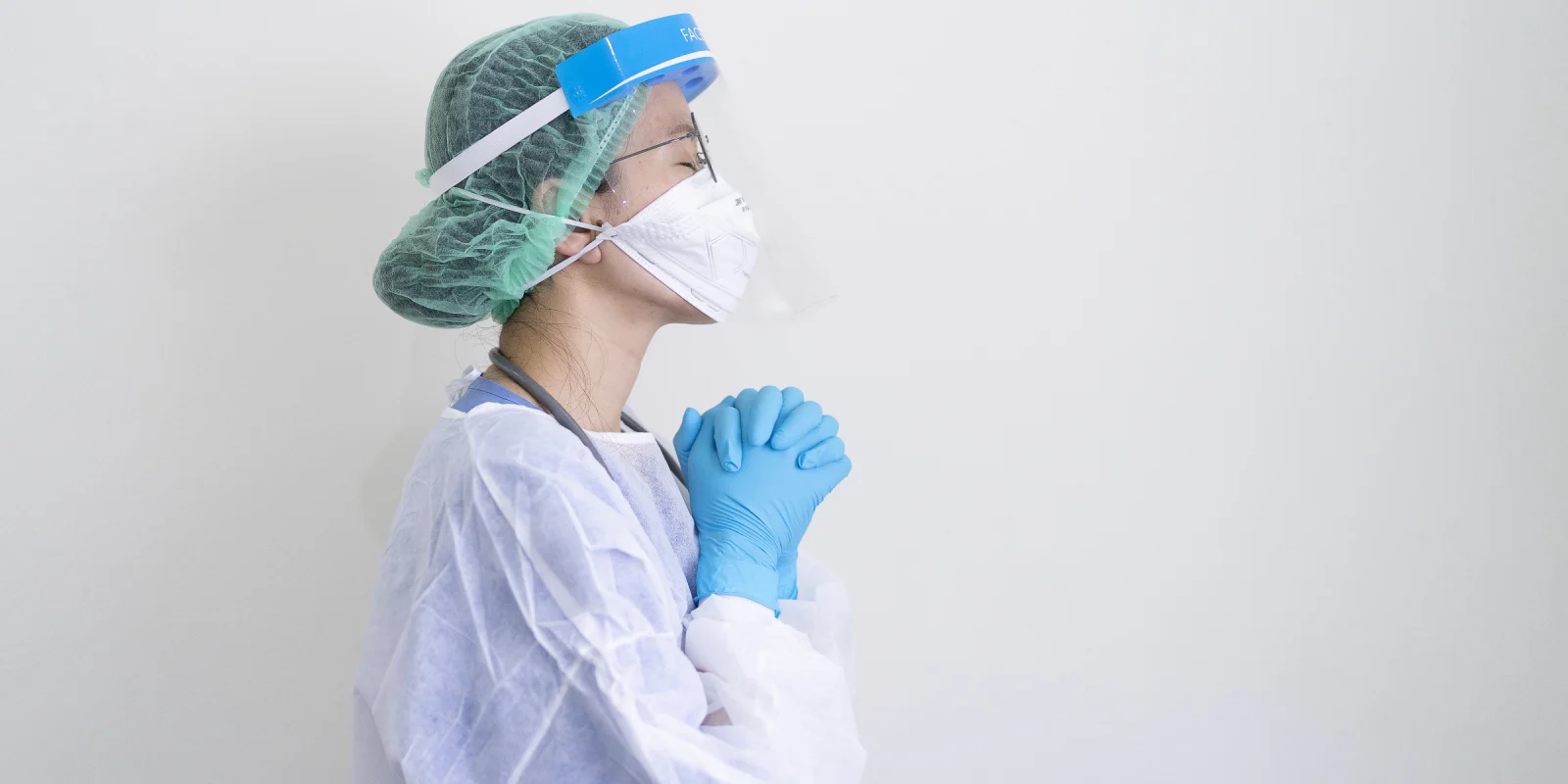
Last week, I saw a patient who may have contracted COVID-19. The patient had come in to the emergency department overnight due to respiratory distress and an overseas travel history. While his clinical picture and history were cause for concern, due to limited testing reserved for 'highly suspicious' cases, the initial decision was to hold on testing for COVID-19 and the patient was removed from isolation precautions. Several hours later, I was called to consult on the case as the infectious disease physician working that day. After my exam, and keeping in mind the risks of exposure and rapidly changing guidelines, I realized we couldn’t ignore the need for testing in this patient.
Current testing for COVID-19 takes a large amount of time, personnel, and resources. Once I had raised my concerns to the appropriate colleagues and hospital administrators, they understood my argument and supported my decision to request testing again. After several hours of phone calls and discussions, at least 12 hours after the patient initially presented, sending the test was finally approved and it is now with the Centers for Disease Control and Prevention.
I’m under quarantine now after seeing this patient, as he had been taken off of isolation precautions prior to my evaluation — I’m off of the front line while we await his results. I am in communication with my infectious disease colleagues who, despite what the government and media have portrayed, have to decide daily who will undergo testing and make a case for it, often delaying care of any suspected infected patient. Their clinical judgement is being stifled by the delays in testing and lack of resources to meet the growing demand of this dynamic situation.
Not only has the short supply of tests affected our ability to fight this epidemic, it is now taking physicians and health care providers out of the fray when their clinical acumen is needed most. While the government has seemingly tempered its response on testing availability — Vice President Mike Pence admitted recently that it may be a “matter of weeks” before Americans have better access to testing — the effect of these mixed messages on our health care workers is, in some ways, demoralizing. We shouldn’t have to be fighting for and demanding testing for the patients we are legitimately concerned about. Our health departments should not be swamped with requests and overworked. Our quarantined nurses and health care worker colleagues should not have to worry about a delay in testing if they are concerned for their health.
With how rapidly COVID-19 is affecting the world, the system for testing needs to change, fast. We should not have to be asking to have people tested when we are concerned about their travel history and symptoms. We should have the availability to do it rapidly and promptly — early detection is necessary to understand and address the impact of this public health issue. Broad community testing cannot solely depend on centralized labs, hours of arguments and approvals, and expensive equipment. Recent models suggest controlling coronavirus within one year depends on 80% of symptomatic patients being tested and isolated within a day of symptom onset. Recently, the Gates Foundation pledged an additional $5 million in funding to provide at-home testing kits to the Seattle area, although the timing of availability of these kits is unknown.
I know I am not the only physician quarantined right now. There are many others who have had to remove themselves from patient care duties and had to call upon their colleagues to cover an influx of patients with shrinking resources. In medicine, we are taught to fight and fight hard for the timely and appropriate care of our patients. We are not a profession that retreats willingly. However, this is a fight we cannot win without more support and help from our country.
Through the time of my quarantine, I do want to thank and show my support to my partners, clinician colleagues, and hospital administration who continue to stand on the front line and help provide the best care they can to our patients.
Dr. Jain primarily focuses her care as a consultant at the hospital as well as helping to manage patients at local nursing homes. She is involved with the Antimicrobial Stewardship Committee at her hospital. She also spends time teaching Pharmacy residents and doing Stewardship rounds. Dr. Jain is board certified in both Internal Medicine and Infectious Diseases.
Previously published on KevinMD.
Click here to see more perspectives on COVID-19 from the Doximity network.
Click here for up-to-date news about COVID-19 on Doximity.






